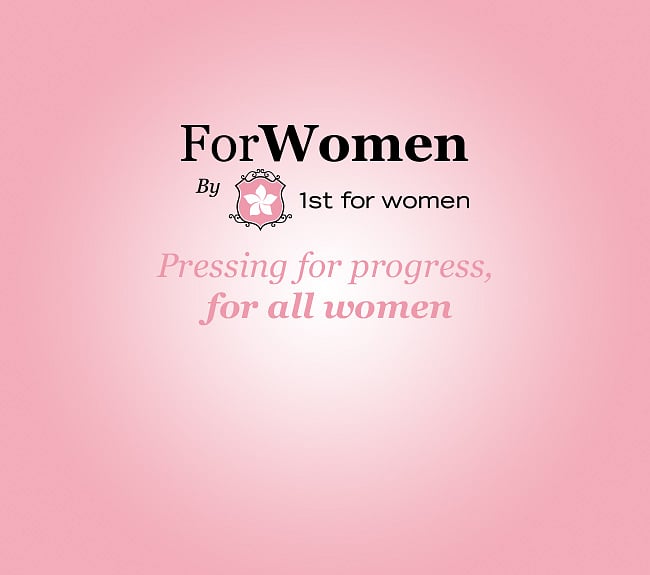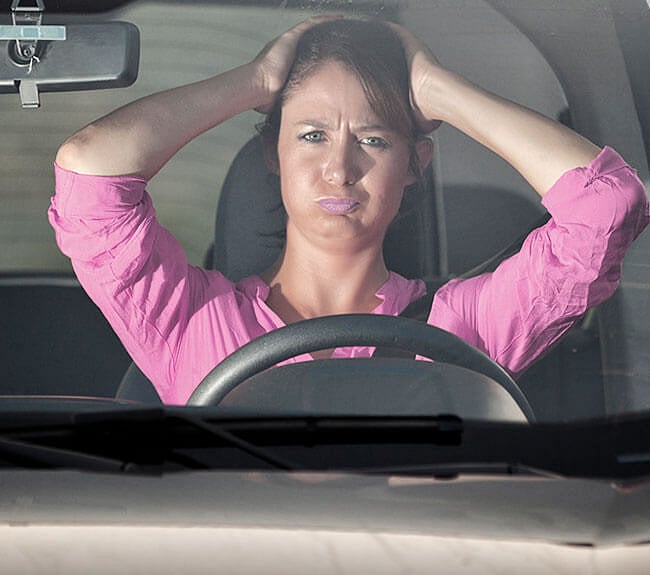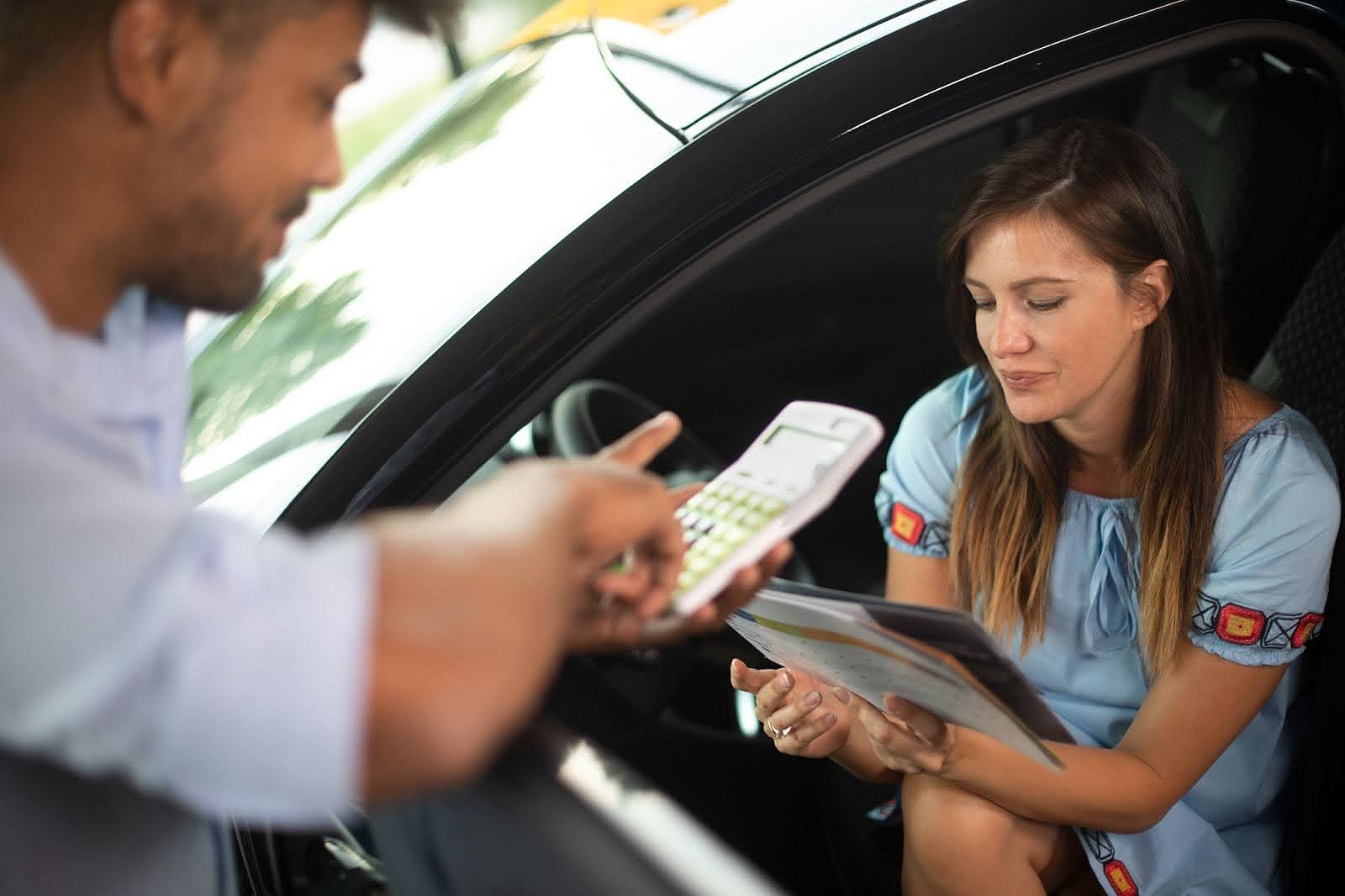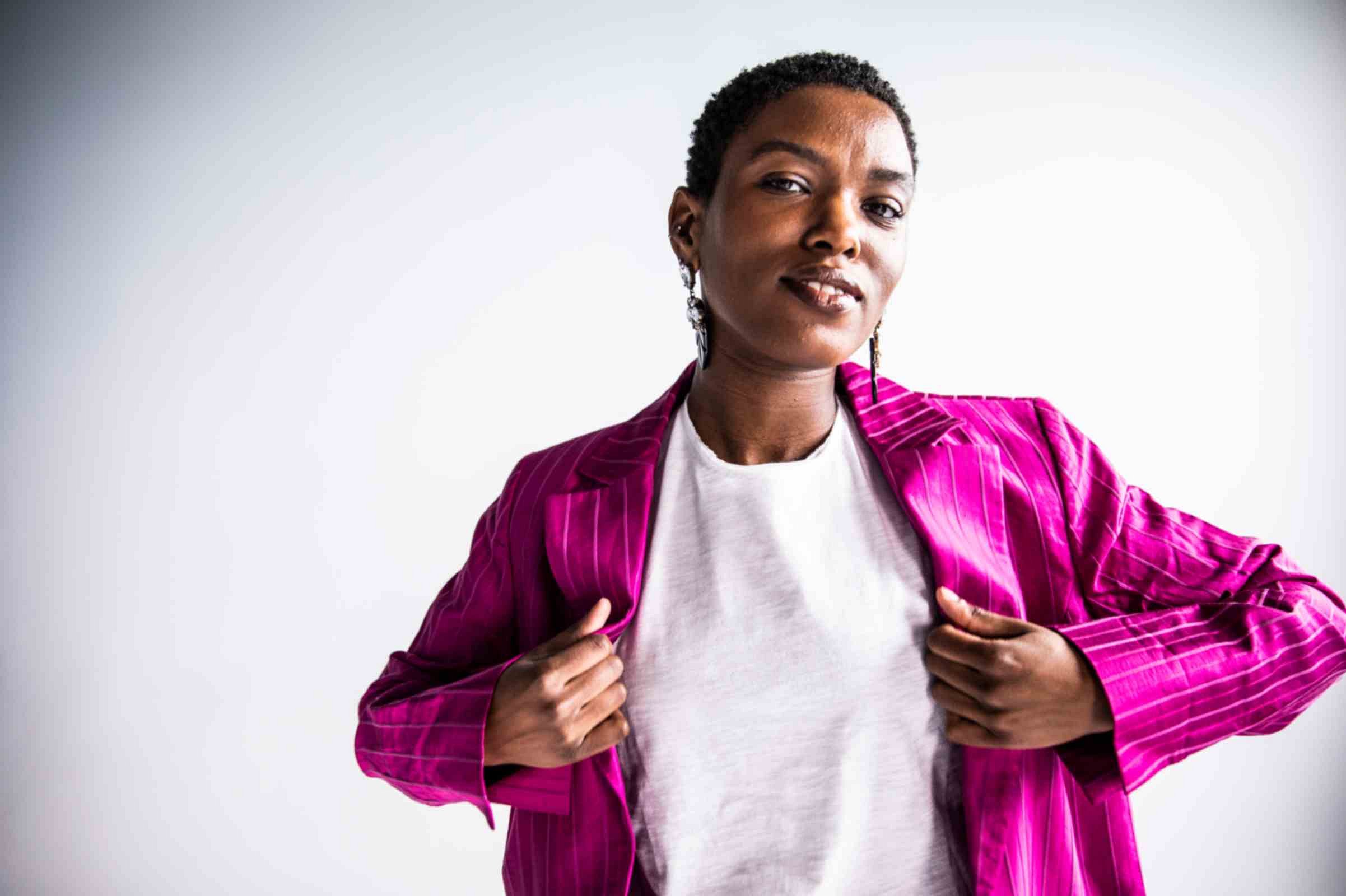
What is 1st for Women doing this International Women’s Day?
“We cannot all succeed when half of us are held back.” – Malala Yousafzai
The World Economic Forum’s 2017 Global Gender Gap report reveals that it would take over 200 years to achieve gender equality, so it isn’t seemingly something we’ll see in our lifetimes, if things continue as they are. That’s why the theme this year is to #PressforProgress, to hasten progress so we have the chance to see gender equality come to life.
Broadly speaking, International Women’s Day is about celebrating the social, economic, cultural, and political achievements of women and whilst there have been a myriad of successes for women, both big and small, to achieve gender equality, the obstacles we face need to be addressed at a greater rate!
The idea that gender equality and women abuse are inextricably linked is well documented – economically disadvantaged women are more susceptible to women abuse, and cultural and social norms play a big role in determining how women are treated on an individual level, whether in relationships, education, or their professional lives.
South Africa has one of the highest gender-based violence rates in the world. But we know that, when women are uplifted and empowered, their families, communities and countries benefit. Based on a report conducted in 2014, women abuse costs South Africa anywhere between R28.4 billion and R42.4 billion per year, so not only is this a moral issue for our country, it’s also one that is hurting our economy.
This is where 1st for Women works to make a difference – because we are for women. Our world is women and we exist to add value to their lives, which we do by providing products and benefits that help to keep them safe and make their lives easier.
What is 1st for Women doing for gender equality?
“No country can ever truly flourish if it stifles the potential of its women and deprives itself of the contributions of half of its citizens.” – Michelle Obama
The 1st for Women Foundation
We established the 1st for Women Foundation in 2005 and it has since raised over R56 million. Its aim is to make a real difference in women’s lives. One of its main focus areas is supporting organisations fighting women abuse.
ForWomen
We recently launched ForWomen, a platform that consolidates women abuse fighting efforts in one place. The platform is structured to holistically address this epidemic through three pillars – prevention, preparation and provision.
Prevention: ForWomen addresses the causes of women abuse.
Preparation: ForWomen equips women to respond to abuse.
Provision: ForWomen provides support for women who are in or have left abusive relationships.
ForWomen will help us #PressforProgress as any person, regardless of socioeconomic status, can get help, and companies and individuals who have the power to make a meaningful impact, big or small, can give help.
Sisters with Blisters
This year, our annual Sisters with Blisters protest walk is happening in Durban and Johannesburg. The money raised from these walks will be donated to the following organisations, which are committed to making a positive difference in the lives of abused women and children.
The Centre for Community Justice and Development (CCJD) – supports community-based offices in KwaZulu-Natal, where people in rural communities can get legal advice and counselling for domestic violence and child abuse.
Lawyers against Abuse – provides free legal and psychosocial support services to victims of sexual and domestic violence, and child abuse.
Women and Men against Child Abuse – committed to ending child abuse in South Africa, this organisation works to break the silence on sexual abuse of children and effect positive change in communities.
How can you join the fight against women abuse?
"The story of women's struggle for equality belongs to no single feminist nor to any one organisation, but to the collective efforts of all who care about human rights.” – Gloria Steinem
Visit ForWomen, sign the pledge and give help or get help in the fight against women abuse. Together, let’s #PressforProgress and help bring this epidemic to an end.
Sources: http://www.health-genderviolence.org/guidance-for-health-care-professionals-in-strengthening-health-system-responses-to-gender-based-vi-0; http://www.osisa.org/buwa/regional/political-economy-violence-against-women-africa; https://www.dailymaverick.co.za/opinionista/2015-12-14-the-impact-of-gender-based-violence-on-the-economy/; https://assets.kpmg.com/content/dam/kpmg/za/pdf/2017/01/za-Too-costly-to-ignore.pdf

We Have Great
Insurance Products
At 1st for Women we know that each
woman is an individual who has
different needs.
More Content
Most popular

Insurance
How to Submit an Insurance Claim with First for Women?

Insurance
Your Car Insurance Claim Can Be Rejected if You Do These 10 Things




